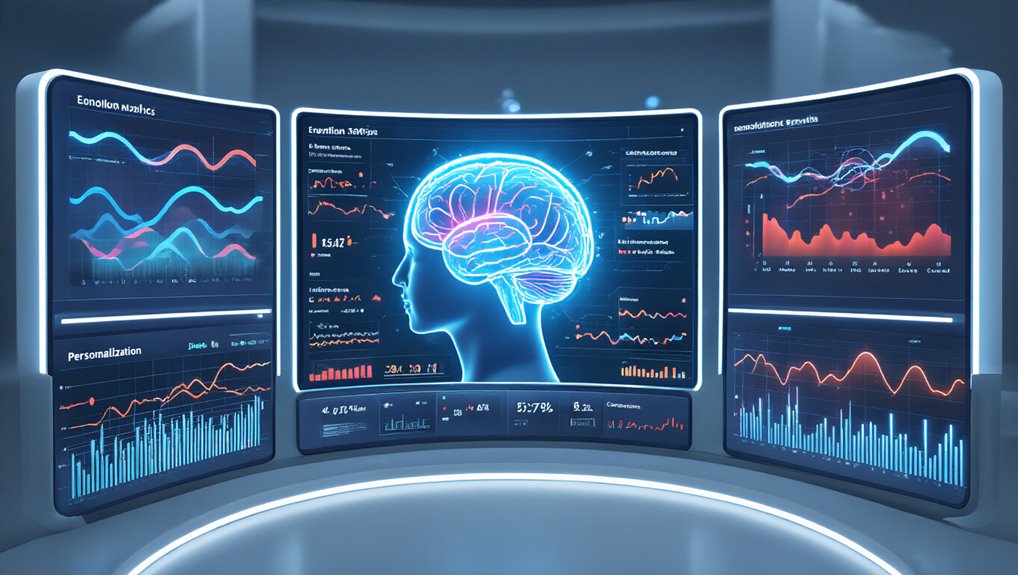As organizations worldwide face mounting pressure to deliver faster support and increased scalability, the integration of artificial intelligence into IT service desks has emerged as a transformative solution. Traditional IT service desks increasingly struggle to meet growing demands, with their manual processes creating bottlenecks that frustrate both users and support staff. Unlike managed IT services, which provide comprehensive technology support and infrastructure management, traditional service desks often lack the scalability needed for modern businesses.
The evidence for change is compelling: 43% of organizations now invest in AI, chatbots, and automation specifically to increase support speed and scalability.
The limitations of conventional support models become apparent when examining resolution metrics. AI-powered alternatives can reduce resolution times by up to 50%, while first response times improve by 37%. Perhaps most telling is that 74.3% of automated tickets are resolved at the first level, dramatically reducing the need for escalations that plague traditional systems.
These improvements directly translate to business value, with automation leading to a 36% increase in repeat purchases. Virtual agents have shown remarkable capability, with some resolving 65% of initial contacts without any human intervention. Organizations implementing solutions like Workativ and Freshservice have achieved significant cost reductions in their IT spending through comprehensive automation of routine tasks.
Intelligent automation doesn’t just improve efficiency—it drives customer loyalty and boosts revenue through increased repeat business.
Staffing implications are equally significant. One financial services firm reduced its frontline team from 30 to 12 agents without any service degradation by implementing AI automation. Other organizations report decreasing staffing needs by up to 68% during peak seasons.
This efficiency extends to ticket management, where one retail company automated one-third of 57,000 annual service requests, eliminating human intervention for 20,000 tasks.
The transformation extends beyond numbers to improved experiences for both customers and agents. When interacting with AI-powered support, 80% of customers report positive experiences due to rapid responses.
Meanwhile, 37% of customer service agents report a 69% improvement in satisfaction when using AI tools that free them from repetitive tasks.









